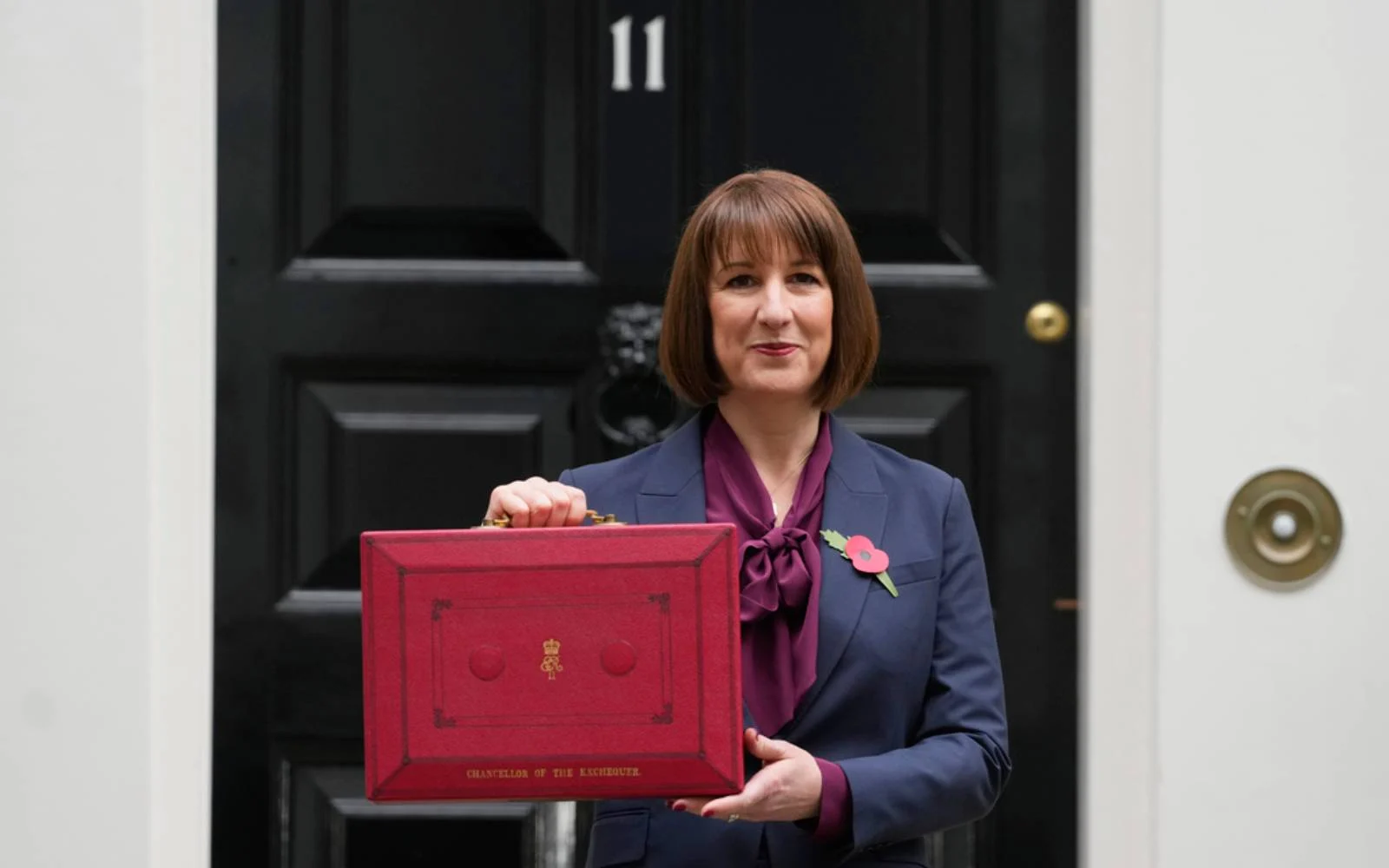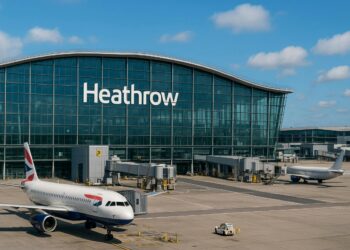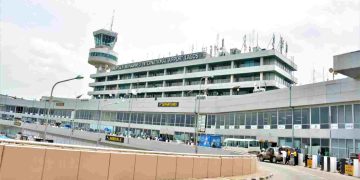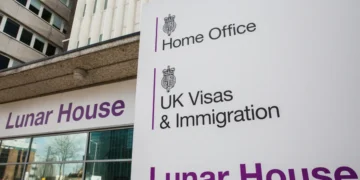Things to Do After Landing in the UK: Arriving in the UK as an immigrant is exciting, but it can also feel overwhelming. Beyond the airport, paperwork, and culture shock, there are practical steps you need to take immediately to settle down smoothly.
To make your transition easier, we’ve put together a clear checklist of the first 7 things you should do after landing in the UK. These steps will help you avoid costly mistakes, stay compliant with the law, and begin building a stable life in your new country.
At Clariform, our goal is to help immigrants navigate life abroad with clarity, confidence, and practical guidance.
Secure Accommodation
If you don’t already have permanent housing arranged, find at least temporary accommodation. Options include:
- Hotels or short-term rentals (Airbnb, Booking.com).
- Staying with family or friends.
- Student halls (if you’re on a student visa).
⚠️ Be cautious of rental scams. Always use trusted platforms like Rightmove or Zoopla.
Get a UK SIM Card and Mobile Number
Having a local phone number is essential for job applications, banking, and even accessing healthcare.
- Popular providers: EE, O2, Vodafone, Three, Giffgaff.
- You can buy a pay-as-you-go SIM at the airport, supermarkets, or online.
💡 Tip: Choose a provider that offers good data packages and international calling if you plan to stay connected back home.
Open a UK Bank Account
A UK bank account is one of the most important steps for financial stability. You’ll need it for rent, salary payments, bills, and everyday expenses.
- Major banks: Barclays, Lloyds, HSBC, NatWest, Monzo, Starling.
- Requirements: Passport/BRP, proof of address (tenancy agreement or utility bill).Apply for a National Insurance (NI) Number
Apply for a National Insurance (NI) Number
Your NI number is required for work, taxes, and certain benefits. If it’s not already printed on your Biometric Residence Permit (BRP), you must apply for one.
- Apply via the UK Government NI portal.
- Keep your NI number safe; you’ll use it throughout your working life in the UK.
Register with a GP (Doctor) and Access the NHS
Healthcare in the UK is provided mainly through the National Health Service (NHS). To use it, you must register with a General Practitioner (GP) in your local area.
- Bring proof of address and ID (passport/BRP).
- Once registered, you can book appointments, access prescriptions, and get referrals to specialists.
Set Up Utilities and Internet
If you’ve secured long-term housing, you’ll need to set up essential services:
- Gas and electricity (check providers like British Gas, EDF, Octopus Energy).
- Water supply (usually managed by your regional water company).
- Broadband and internet (BT, Virgin Media, Sky, Vodafone).
💡 Tip: Use comparison websites like Uswitch to find the best deals.
Start Building Your Credit Profile
In the UK, your credit score plays a huge role in renting property, getting loans, or even signing up for mobile contracts.
- Register on the electoral roll (if eligible).
- Get a basic credit card and pay it off in full monthly.
- Keep bills in your name to build a credit history.
Bonus Step: Familiarise Yourself with Local Transport
- Get an Oyster Card or use contactless payment for buses and trains.
- Check discounts for students or frequent travellers.
- Learn about peak/off-peak fares to save money.
Common Mistakes Newcomers Make
- ❌ Delaying registration with a GP — leading to issues accessing healthcare.
- ❌ Not budgeting for high living costs (especially in London).
- ❌ Ignoring credit-building — which creates barriers later.
- ❌ Falling for rental or job scams online.
Conclusion
Your first days in the UK can shape your long-term journey. By following these 7 essential steps — from opening a bank account to registering with the NHS — you’ll lay the foundation for a smoother and more secure life.
At Clariform, we’re here to simplify the complex and provide practical guidance you can trust. Explore our Living in the UK and Business & Finance sections for more helpful guides tailored to immigrants like you.













